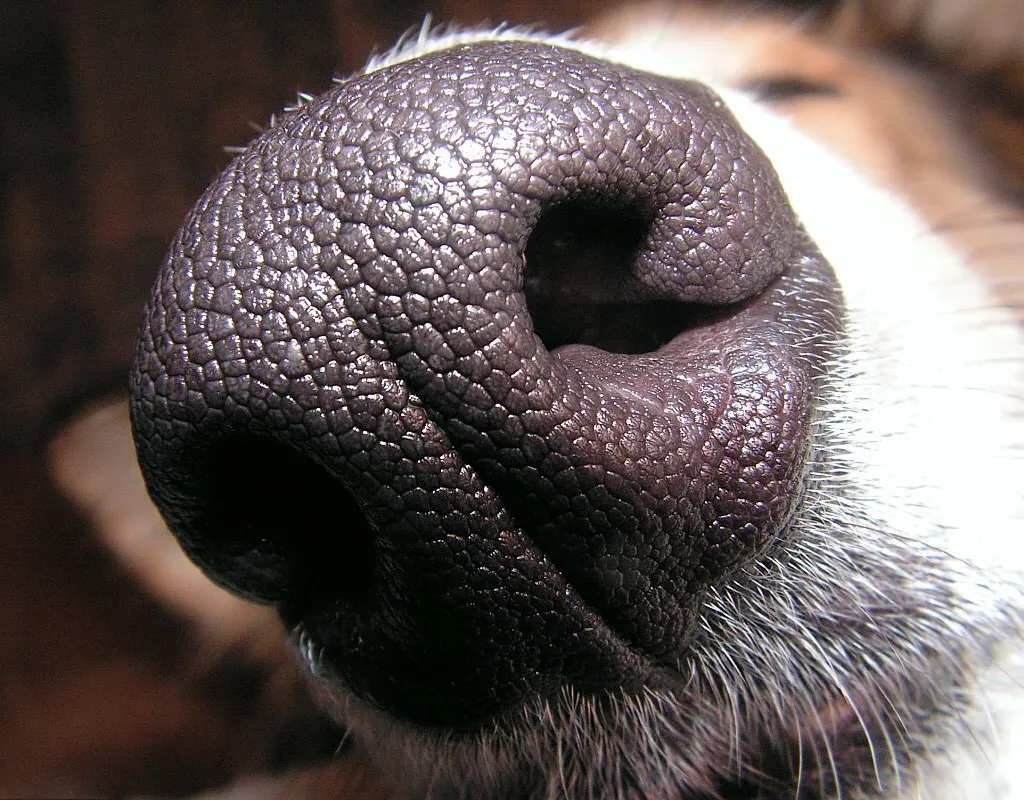Some people may be wondering if their beloved pet could be the cause of their eczema flare-ups. The short answer is that while dogs don’t directly cause eczema, they can trigger flare-ups in people who are already prone to the condition.
There are a few ways that dogs can contribute to eczema flare-ups. First, they can carry dust and other allergens on their fur that can irritate the skin. Second, they often like to lick their owners’ faces, which can transfer saliva and bacteria to the skin. Finally, some dogs produce dander – tiny flakes of skin – which can also trigger an allergic reaction in people with eczema.
If you suspect that your dog is triggering your eczema flare-ups, there are a few things you can do to minimize the risk. First, make sure to bathe your dog regularly and brush their fur to remove any allergens that may be clinging to their fur. Second, try to keep them from licking your face, and if they do lick your skin, make sure to wash the area immediately. Finally, if you have a particularly dander-producing breed of dog, consider keeping them out of your bedroom or any other rooms where you spend a lot of time.
What is Eczema?
Eczema is a condition that causes the skin to become dry, itchy, and irritated. There are many different types of eczema, but the most common is atopic eczema, which often affects children. Eczema can be a lifelong condition, but it usually improves as people get older. Treatment for eczema can help to relieve the symptoms and improve the quality of life.
There is no cure for eczema, but there are treatments that can help to control the symptoms. The main goal of treatment is to relieve itching and inflammation. This may involve using moisturizers, corticosteroid creams or ointments, antihistamines, and avoiding triggers such as certain fabrics, soaps, and detergents. In severe cases, ultraviolet light therapy or oral medications may be necessary.
If you or your child has eczema, it is important to see a doctor for treatment. With the right management, eczema can be controlled, and the symptoms kept to a minimum.
What Are the Common Reasons for Eczema?
There are many different types of eczema, but the most common form is atopic dermatitis. Atopic dermatitis is often hereditary, which means it can be passed down from parents to children. It usually first appears in childhood and often goes away as the child gets older. However, some people continue to have atopic dermatitis into adulthood.
It’s not clearly known what the exact cause of atopic dermatitis is, but it is thought to be related to a combination of environmental and genetic factors. People with atopic dermatitis often have sensitive skin that is easily irritated by certain substances, such as soaps, detergents, and fabrics. This can cause the skin to become dry, cracked, and inflamed.
Atopic dermatitis is not contagious, which means it cannot be passed from one person to another. However, people who have the condition are more likely to develop other allergic conditions, such as asthma and hay fever.
There isn’t any cure for atopic dermatitis, but there you can get several treatments to help to manage the symptoms and prevent flare-ups. These include avoiding triggers, using moisturizers and emollients regularly, and using topical corticosteroids when the skin is inflamed. In severe cases, oral or injectable corticosteroids may be necessary.
If you think you or your child may have atopic dermatitis, it is important to see a doctor for an accurate diagnosis and to discuss the best treatment options.
How to Treat Eczema?
There’s no one-size-fits-all answer to treating eczema, as the best approach will vary depending on the severity of your condition. However, there are some general tips that can help to ease your symptoms and improve your quality of life.
If you have mild eczema, you may be able to manage your symptoms with over-the-counter (OTC) creams and ointments. Look for products that contain ingredients like petroleum jelly or glycerin, which can help to lock in moisture. Apply these products to your skin after showering or whenever you feel your skin getting dry.
If your eczema is more severe, you may need a prescription cream or ointment. These products usually contain stronger ingredients, such as corticosteroids, that can help to reduce inflammation. Your doctor can also prescribe oral medications, such as antihistamines if your eczema is causing you a lot of itchiness.

« How to Rescue and Adopt a Golden Retriever in Las Vegas: A Guide for Loving Dog Owners
Golden Retriever Rescues in New Hampshire: Your Guide to Adopting a Furry Friend »
In addition to medications, there are some lifestyle changes you can make to help ease your eczema symptoms. For example, try to avoid triggers that make your skin flare-up, such as harsh soaps or detergents. It’s also important to keep your skin hydrated by drinking plenty of water and using a humidifier in your home. By taking these steps, you can help to control your eczema and improve your quality of life.
Steps You Can Take to Ensure Your Dog Doesn’t Trigger Your Eczema
There are a few things you can do to help prevent your dog from triggering your eczema. First, make sure they’re well-groomed and clean. Regular baths will help keep their skin and fur healthy and lessen the amount of dander and allergens they shed. Secondly, try to keep them out of areas where you know you’re likely to have a flare-up, such as in your bedroom or on the couch.
When you do have them close by, be sure to give them a good pat down, so they don’t trigger an allergic reaction. Finally, consider using an air purifier in your home to help remove any potential triggers from the air. By taking these precautions, you can help reduce the chances of your dog causing a flare-up.
Our Final Thoughts
Even though your furry little friend may not be the direct cause of your eczema flare-ups, their dander (dead skin cells) can trigger an inflammatory response. Minimizing the amount of pet dander in your home environment can reduce the frequency and severity of your eczema flares.
















